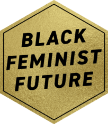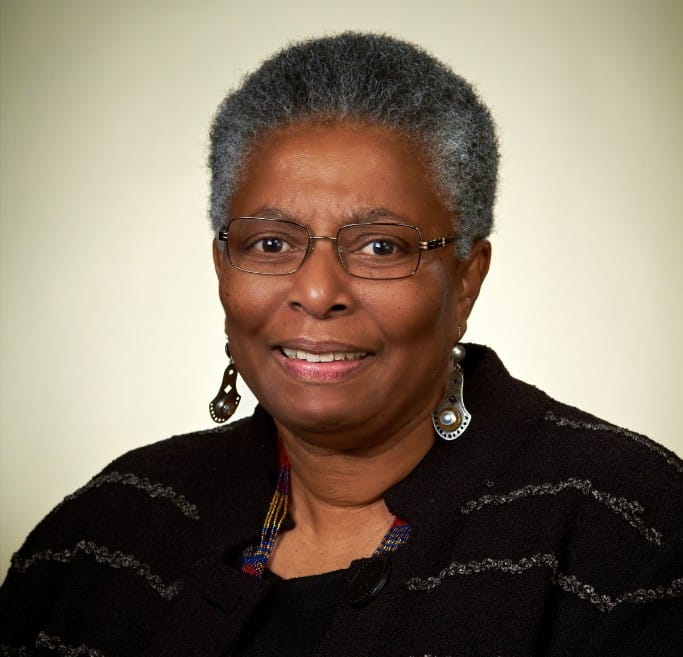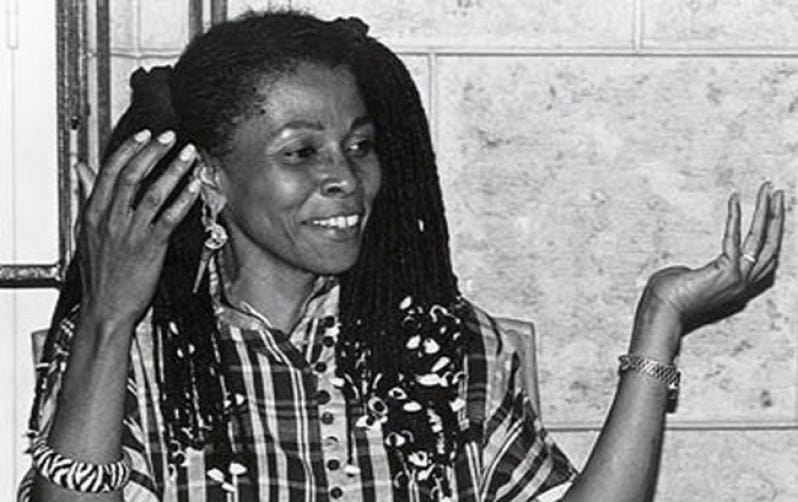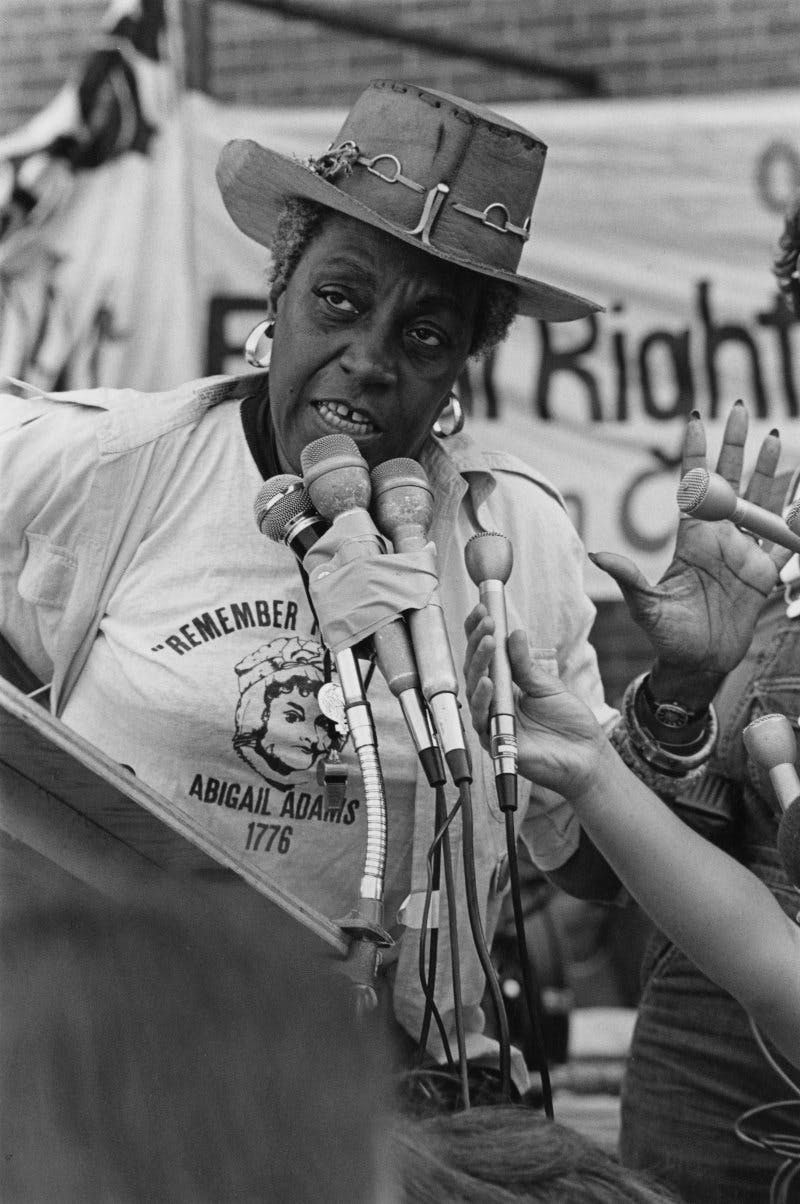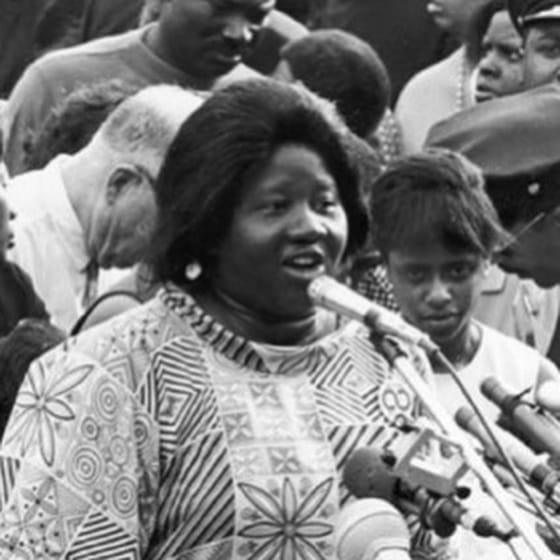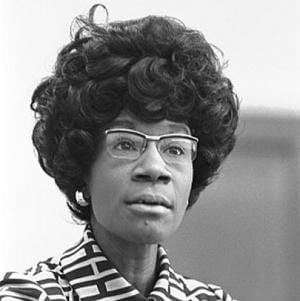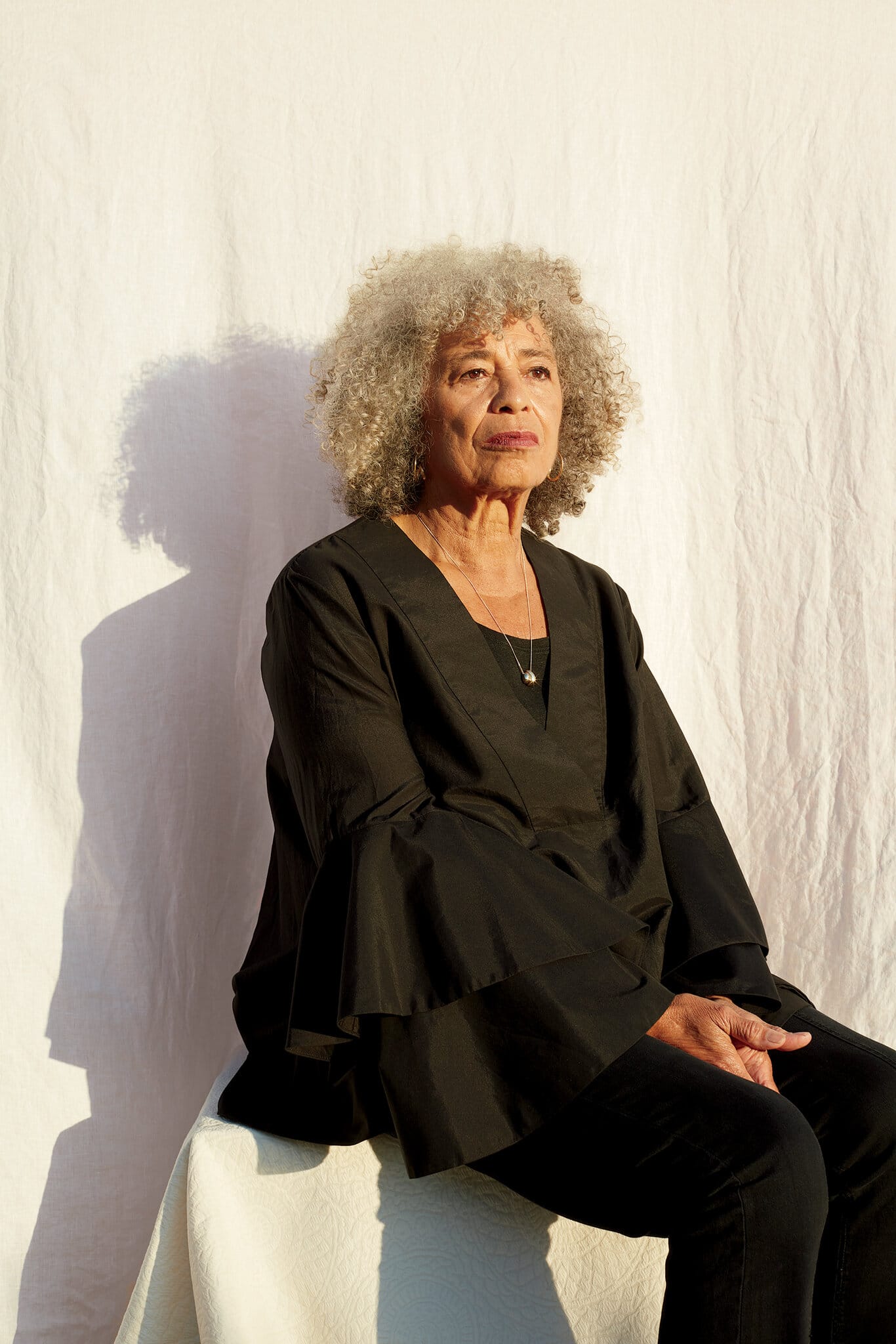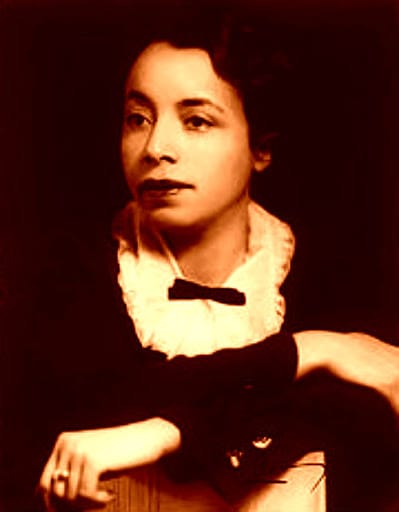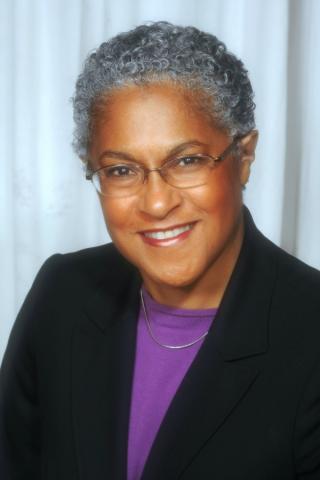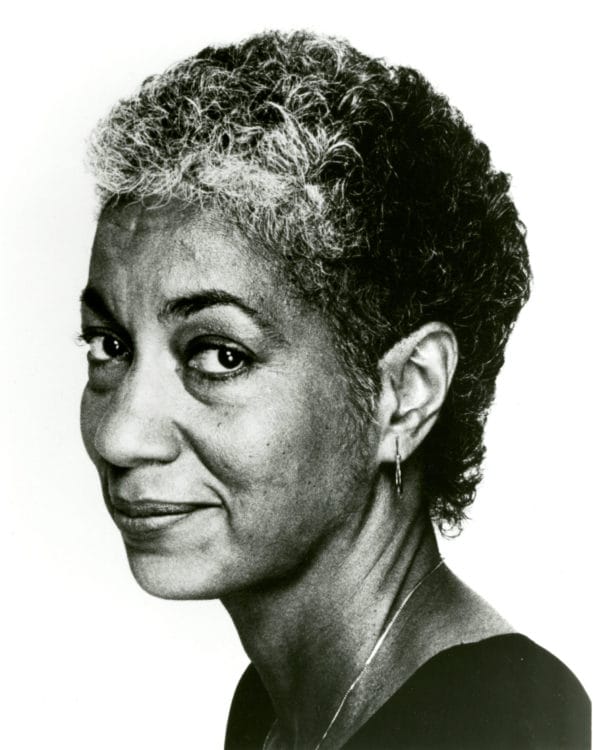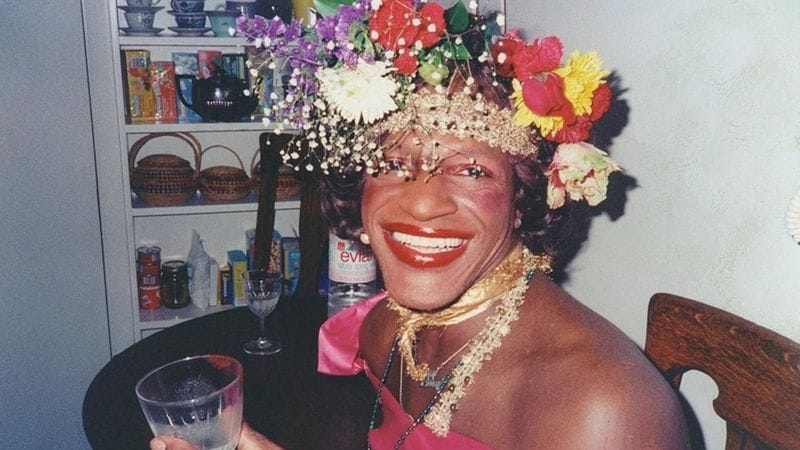Katie Cannon was a leader in Black and womanist theology. In 1974, she became the first Black woman to be ordained in the United Presbyterian Church, and in 1983 became the first Black person to obtain a PhD from Union Theological Seminary in New York. She is credited as being the founder of both the fields of womanist theology and ethics.
Category: Key People
Assata Shakur
Assata Shakur is a political activist, author, and the step-aunt of Tupac Shakur. In the 1970s, she became a member of the Black Panther Party for a short period of time before joining the Black Liberation Army. In 1973, Assata was involved in an altercation between the Black Liberation Army and Newark police, which resulted in the death of Assata’s friend, Zayd Shakur, and State Trooper Werner Foerster. In 1977, she was found guilty of murder and sentenced to life in prison plus 30 years, despite there being evidence that proves her innocence. In 1979, she escaped from prison and has been living in Cuba in exile ever since.
Florynce “Flo” Kennedy
Florynce “Flo” Kennedy was a lawyer, and civil rights and women’s rights advocate. She founded the Media Workshop in 1966 to combat racism in media, represented Black Panther members in court, and founded the Feminist Party—which nominated Congresswoman Shirley Chisholm for president in 1972.
Johnnie Tillmon
Johnnie Tillmon was a welfare-rights activist who, in a 1972 article in Ms. magazine, asserted that “welfare is a woman’s issue.” She was the daughter of a migrant sharecropper and worked as a union shop steward in a Compton laundry. Tillmon was a leader and chairperson of the National Welfare Rights Organization (NWRO) before later becoming the executive director.
Shirley Chisholm
Shirley Anita Chisholm (1924–2005) was a politician, educator, and author. She was the first Black woman in Congress (1968) and the first Black woman to seek nomination for president of the United States from one of the two major political parties (1972).
Angela Davis
Angela Davis is an activist, abolitionist, academic, philosopher and author who played a pivotal role in the civil rights movement. Davis is known by many for her involvement with the Black Panther Party and an all-Black branch of the Communist Party. In 1997, she co-founded Critical Resistance with Rose Braz and Ruth Wilson GIlmore.
Louise Thompson Patterson
Louise Thompson Patterson (1901–1999) was an activist and professor who played a significant role in the Harlem Renaissance and the labor movement. Throughout her career, she fought against racial, economic, and gender exploitation. In the 1970s, she played an integral role in the movement to free political prisoners, including Angela Davis.
Patricia Hill Collins
Patricia Hill Collins is an academic and social theorist who focuses on intersectionality by examining race, class, gender, sexuality, and nation. She is the author of several books that have become core Black feminist texts, including Black Feminist Thought: Knowledge, Consciousness, and the Politics of Empowerment and Race, Class, and Gender: An Anthology (Hyman, 1990).
June Jordan
June Jordan (1936–2002) was a Jamaican American poet, essayist, playwright, teacher, and activist. She produced an abundance of writing throughout her career, including 27 volumes of poems, essays, libretti, and children’s books. Her strong commitment to human rights and activism is reflected in her writing, which centers gender, race, sexual freedom, and representation.
Marsha P. Johnson
Marsha P. Johnson (1945–1992) was an activist, self-identified drag queen, performer, and survivor. She was a prominent figure in the Stonewall uprising of 1969. Marsha went by “BLACK Marsha” before settling on Marsha P. Johnson. The P stood for “Pay it no mind,” which is what Marsha would say in response to questions about her gender.
